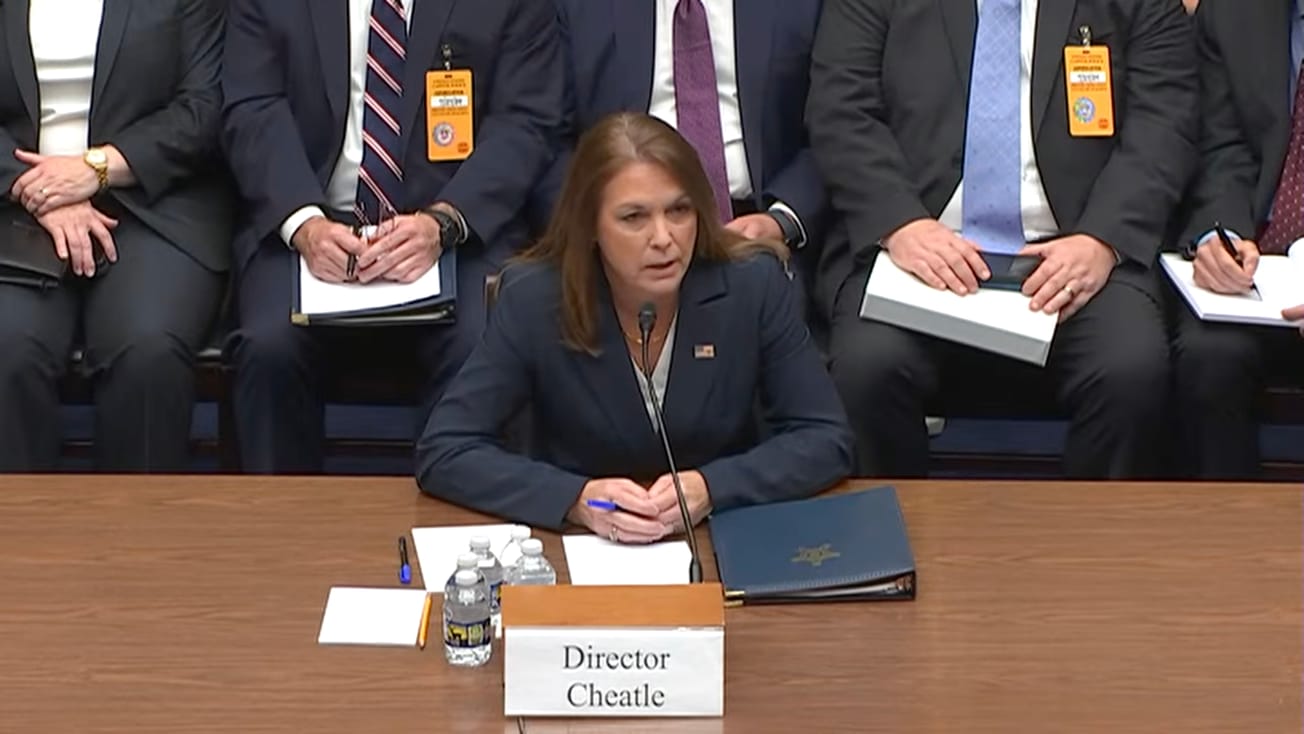As of this writing, the evening of Dec. 20, 2023, the United Nations Security Council has been unable to schedule a vote on a U.A.E.-authored resolution calling for a halt to the fighting in Gaza—because the Biden administration, yet again, is threatening to veto any resolution containing the word “ceasefire.” With its actions, the U.S. continues to provide cover for—and is facilitating—the Netanyahu government’s unending butchery of innocent Palestinians in Gaza. Today, local health authorities said the death toll has now surpassed 20,000.
At the same time, new hostilities threaten to explode in the Red Sea, and from there throughout Southwest Asia. Using the excuse that Iran-backed Houthi forces in Yemen have been sending drones to attack Israel-bound commercial ships crossing from the Gulf of Aden into the Red Sea, the United States and allies have deployed a massive naval operation in the area, called “Prosperity Guardian,” headed by the USS Eisenhower carrier strike group and its five destroyers off the coast of Djibouti. London’s The Economist—the voice of British imperial geopolitics if ever there was one—is threatening that “America and its allies must retain the option of strikes on the Houthis.”
Such lunacy could spread the war to Iran, and from there to Russia, more quickly than you can say, “Wall Street is bankrupt.”
Which it is. And its speculative policies are also destroying what little remains of the Western industrial economies. Global corporate bankruptcies for 2023 are at their highest level since the 2008 crash; U.S. bankruptcies are up 30% from last year’s levels. European natural gas consumption has plummeted down to the level of 1996. German electricity rates in 2024 are expected to be up to 100% higher for households than they were in 2023.
Things are very different in the BRICS nations and others working with China’s Belt and Road Initiative. With Russia assuming the rotating presidency of the expanded BRICS on Jan. 1, 2024, intense deliberation can be expected on the essentials of how to create a new financial architecture to replace the bankrupt, London-controlled dollar system. Russian Finance Minister Anton Siluanov was just in China meeting with his counterpart Lan Fo’an, and discussed the “need to further develop financial cooperation within the BRICS countries. Here we see opportunities ... to develop a payments system that would be independent of the infrastructure” of the current system.
A two-day Russia-Arab forum is now underway in Morocco that will also address the issues of joint economic development projects, in much the same way Russia did with the African nations earlier this year.
On Dec. 15, President Putin announced that “The upcoming decade will become a decade of big construction and major projects for our country, including in the railway industry. These will be projects of great significance not only for Russia but for all of Eurasia.” He specified that an extensive high-speed rail network would be built, with critical input from China’s world-class capabilities in this area, including the highest technologies such as quantum communications.
The nations of Europe and the United States should join these economic efforts, rather than declare war against them, Schiller Institute founder Helga Zepp-LaRouche stated in her weekly webcast Dialogue Dec. 20. The West, she argued, should “have a positive attitude and cooperate with the BRICS-Plus, with the countries of the global majority. And there I think everything is possible.”
One of the biggest obstacles, she elaborated, is “the so-called Military-Industrial Complex, which should be called the Military-Industrial-Financial Complex, because it is interwoven with the big investment firms on Wall Street. That is what drives war.” This level of military spending—the U.S. military budget is coming up on $1 trillion per year—is a complete waste from the standpoint of the physical economy. The money now wasted on wars should instead be spent on schools, hospitals and other infrastructure and capital goods requirements, as well as science-driver projects—space exploration, fusion power, building the 42,000 miles of high-speed rail that the U.S. so desperately needs. Much of that can be met by re-tooling those same companies now producing for war: Lockheed Martin, BAE, Northrop Grumman, and so on.
“We are reaching the point where this is the end-phase of the whole neoliberal, Imperial, neo-colonial system,” Zepp-LaRouche stated, “where militarization is the final stage. If we want to interrupt that before World War III breaks out, we have to have a campaign.… This waste of physical economy has to stop and we have to have a completely different approach”—that of a new development and security architecture or the entire planet.









